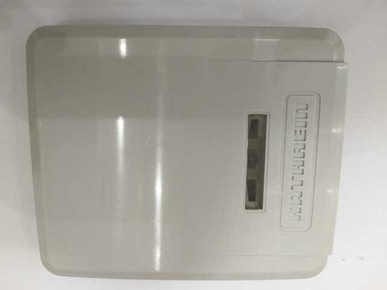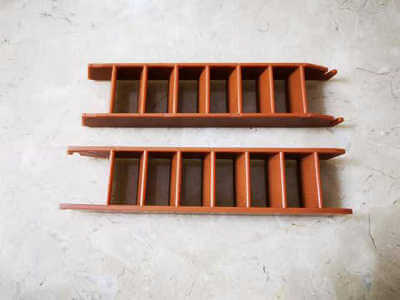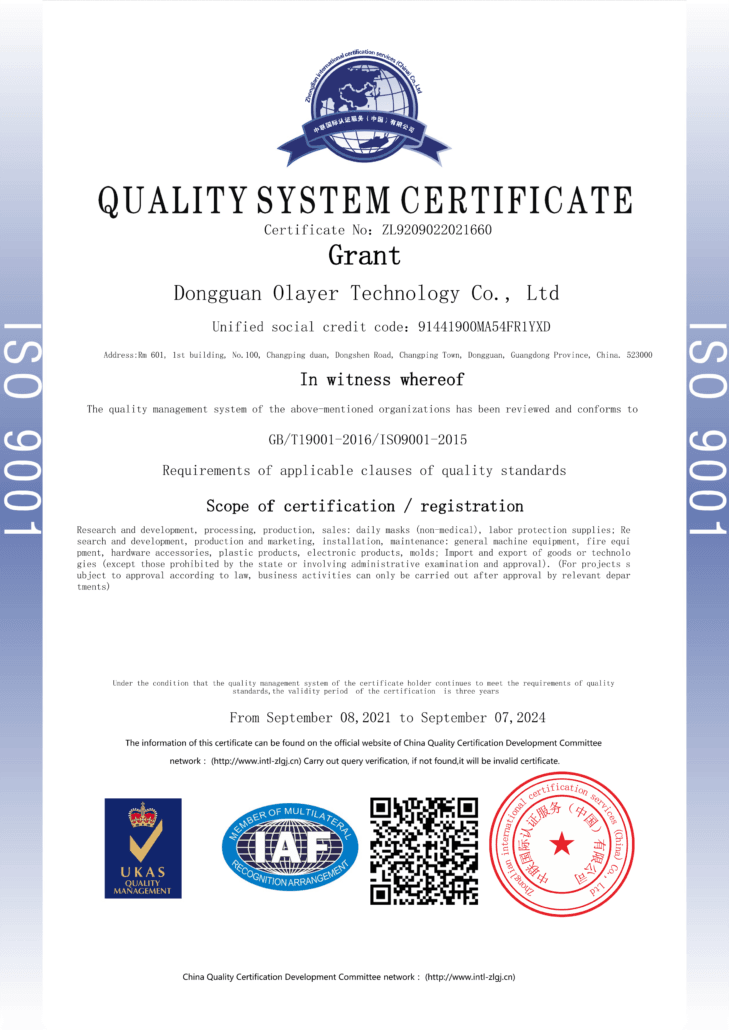Thermoplastic Injection Molding: Revolutionizing Manufacturing Efficiency
Thermoplastic injection molding is a highly versatile and efficient manufacturing process that has transformed the production landscape across various industries. By injecting molten thermoplastic materials into a specially designed mold, intricate and precise components can be created with remarkable speed and accuracy. This article will delve into the intricacies of thermoplastic injection molding, exploring its process, advantages, materials, challenges, and future trends.
Process of Thermoplastic Injection Molding
The process of thermoplastic injection molding involves several key steps that contribute to its effectiveness. First, the mold is prepared, ensuring it meets the design specifications and is appropriately cooled and vented. Next, the selected thermoplastic material is prepared, undergoing heating and melting to achieve the desired viscosity. The injection molding machine is then set up, including the installation of the mold and the calibration of process parameters such as temperature, pressure, and injection speed. Once prepared, the molten thermoplastic material is injected into the mold cavity, where it cools and solidifies. Finally, the molded part is ejected from the mold and undergoes any necessary finishing processes.
Factors such as material selection, mold design, and process parameters significantly influence the success of thermoplastic injection molding. Choosing the right thermoplastic material is crucial, considering factors such as strength, durability, heat resistance, and chemical compatibility. Additionally, the mold design must account for the part’s geometry, gate location, and cooling channels to ensure optimal part quality and cycle time. Precise control of process parameters, including temperature, pressure, and cooling rates, is vital to achieve consistent results and avoid defects.
Advantages of Thermoplastic Injection Molding
Thermoplastic injection molding offers a multitude of advantages that have contributed to its widespread adoption in various industries. Firstly, it is a cost-effective and efficient manufacturing process. The ability to produce large quantities of complex parts quickly and accurately reduces production costs and increases overall productivity. Additionally, the versatility and design flexibility of thermoplastics enable the creation of intricate geometries and the incorporation of features such as undercuts and internal threads, eliminating the need for secondary operations.
The rapid production capabilities of thermoplastic injection molding are a significant advantage. With cycle times ranging from seconds to minutes, manufacturers can achieve high production rates, meeting demanding market requirements. Moreover, the process ensures consistent part quality and precision, as the high-pressure injection and controlled cooling result in minimal variations and excellent dimensional stability.
Thermoplastic Materials for Injection Molding
Thermoplastic injection molding supports a wide range of materials, each possessing unique properties and characteristics that cater to specific application requirements. Common thermoplastics used in injection molding include polyethylene (PE), polypropylene (PP), polystyrene (PS), acrylonitrile butadiene styrene (ABS), and polyethylene terephthalate (PET). These materials offer varying levels of strength, flexibility, chemical resistance, and thermal stability, enabling their use in industries such as automotive, consumer goods, medical, and electronics.
The selection of thermoplastic materials for injection molding should consider factors such as mechanical properties, chemical resistance, temperature resistance, and cost. Material compatibility with the intended environment and the desired aesthetics of the final part are also crucial considerations. By leveraging the right thermoplastic material, manufacturers can optimize performance, durability, and cost-efficiency.
Challenges and Considerations in Thermoplastic Injection Molding
While thermoplastic injection molding presents numerous advantages, it also comes with certain challenges that need to be addressed for successful implementation. Common issues include part shrinkage, warpage, sink marks, and flash formation. These can arise due to improper material selection, inadequate mold design, or suboptimal process parameters. To mitigate these challenges, careful consideration must be given to material selection, mold design, and process optimization.
Design considerations play a crucial role in the success of thermoplastic injection molding. Designers must ensure that the part geometry allows for proper material flow, uniform cooling, and easy ejection from the mold. Proper gate placement and size, as well as the incorporation of features like ribs and fillets, can help optimize the molding process and prevent defects.
Quality control and inspection methods are essential in thermoplastic injection molding to ensure the production of high-quality parts. Regular inspections of the molds, periodic sampling of molded parts, and dimensional measurements are performed to verify adherence to specifications. Additionally, advanced technologies such as in-line monitoring systems and automated inspection equipment can help detect defects and deviations in real-time, allowing for timely corrective actions.
Safety precautions and environmental considerations are paramount in thermoplastic injection molding. Operators must adhere to proper safety protocols, including wearing personal protective equipment (PPE) and operating machines within recommended guidelines. Additionally, manufacturers should prioritize environmental sustainability by implementing recycling programs for waste materials and adopting eco-friendly practices throughout the production process.
Innovations and Future Trends in Thermoplastic Injection Molding
The field of thermoplastic injection molding is continually evolving, driven by advancements in technology and material science. Additive manufacturing techniques, such as 3D printing, are being integrated into injection molding processes, allowing for more intricate designs and rapid prototyping. Furthermore, developments in multi-material injection molding enable the creation of complex parts with varying properties and functionalities within a single production cycle.
Material science advancements have led to the development of high-performance thermoplastics with enhanced properties, such as improved strength, heat resistance, and chemical compatibility. These materials expand the application possibilities of thermoplastic injection molding, particularly in industries requiring exceptional performance, such as aerospace and medical.
Industry trends indicate a growing focus on sustainability and recyclability. Manufacturers are exploring the use of biodegradable and bio-based thermoplastics, reducing the environmental impact of production. Furthermore, initiatives to optimize energy consumption, reduce waste, and implement closed-loop recycling systems are gaining momentum, making thermoplastic injection molding a more sustainable and responsible manufacturing process.
At Sincere Tech, we are dedicated to maintaining our position as a leading plastic mold company by embracing industry advancements and anticipating future trends. We actively explore innovative materials and composites that offer improved performance and sustainability. Through ongoing investments in research and development, we deliver cutting-edge solutions that address the evolving needs of our customers. As one of the best injection mold suppliers in China, we pride ourselves on our commitment to excellence.
In line with our commitment to sustainability, we prioritize environmentally friendly practices. We proactively seek sustainable alternatives, such as biodegradable polymers, and implement recycling initiatives to minimize the environmental impact of our manufacturing processes. By choosing our custom injection molding services, you can align your brand with sustainable manufacturing practices and contribute to a greener future.
Quality is of the utmost importance to us, and we maintain stringent quality control measures throughout the entire manufacturing process. Our state-of-the-art facilities and skilled technicians ensure that each product undergoes rigorous inspection and testing, guaranteeing exceptional performance, reliability, and customer satisfaction.
When you partner with Sincere Tech as your preferred China mold maker, you can expect the highest level of professionalism, expertise, and innovation. We are dedicated to helping you bring your ideas to life, delivering superior products that excel in performance, durability, and cost-effectiveness.
Our expanded capabilities include:
- Rapid Prototyping: We offer rapid prototyping services to quickly transform your concepts into tangible prototypes, allowing for iterative design improvements and accelerated product development.
- Precision Tooling: Our advanced tooling capabilities enable us to create high-quality molds with tight tolerances, ensuring consistency and precision in your injection-molded products.
- Overmolding: We specialize in overmolding, which allows for the combination of multiple materials or components, resulting in enhanced functionality, aesthetics, and durability.
- Insert Molding: Our expertise in insert molding enables us to securely encapsulate inserts within the molded parts, facilitating efficient assembly and enhancing product performance.
- Two-Shot Molding: With two-shot molding, we can produce complex, multi-material components in a single operation, reducing assembly requirements and enhancing design possibilities.
- Value-Added Services: In addition to injection molding, we offer a range of value-added services, including product assembly, packaging, and logistics support, streamlining your supply chain and reducing costs.
Partner with Sincere Tech Mould suppliers for your custom injection molding needs, and benefit from our comprehensive capabilities, unwavering commitment to quality and sustainability, and our drive to exceed your expectations at every step of the process. Together, let’s bring your innovative ideas to life.
Conclusion
Thermoplastic injection molding has revolutionized the manufacturing landscape, offering efficient and cost-effective production of intricate components across diverse industries. By understanding the process, leveraging the advantages, selecting the appropriate materials, and addressing challenges, manufacturers can achieve high-quality parts with precision and consistency.
As the industry continues to innovate, incorporating emerging technologies and sustainable practices, the future of thermoplastic injection molding looks promising. By embracing advancements in material science, additive manufacturing, and process optimization, manufacturers can unlock new possibilities and meet the evolving demands of a competitive market.
In summary, thermoplastic injection molding is a versatile and efficient manufacturing process with a wide range of benefits. By leveraging the potential of this process, manufacturers can drive productivity, achieve design flexibility, and deliver high-quality components for a variety of applications, ensuring a competitive edge in today’s dynamic business landscape.


